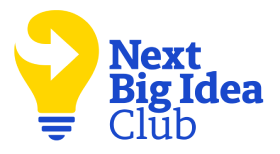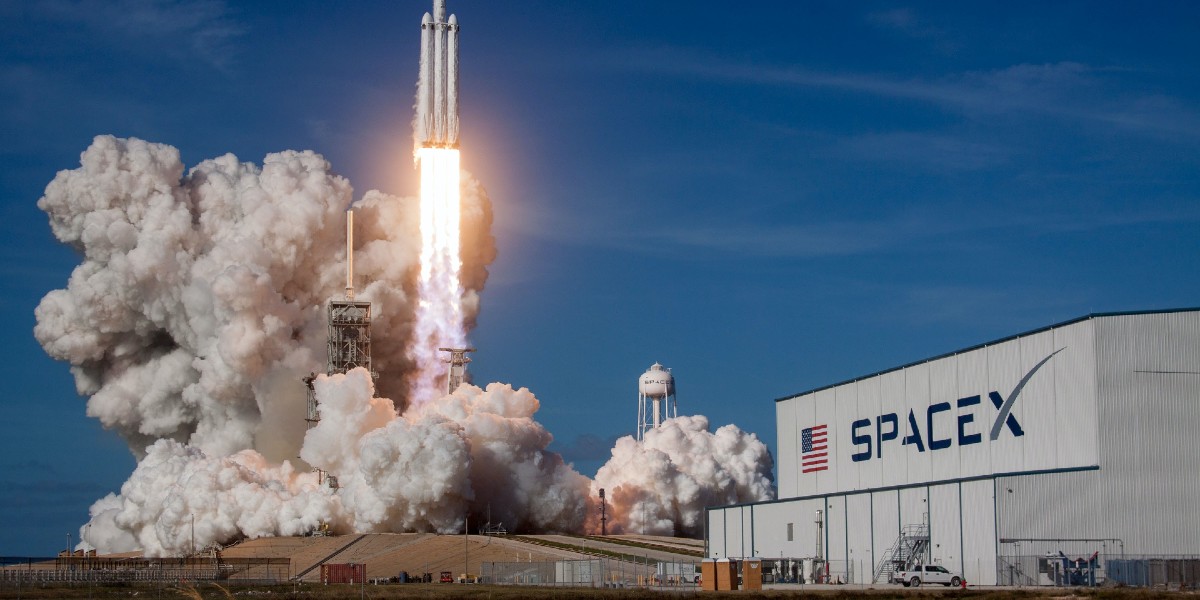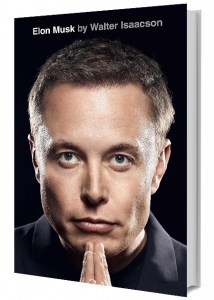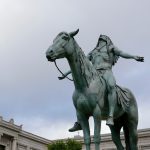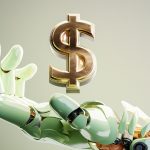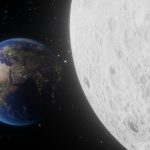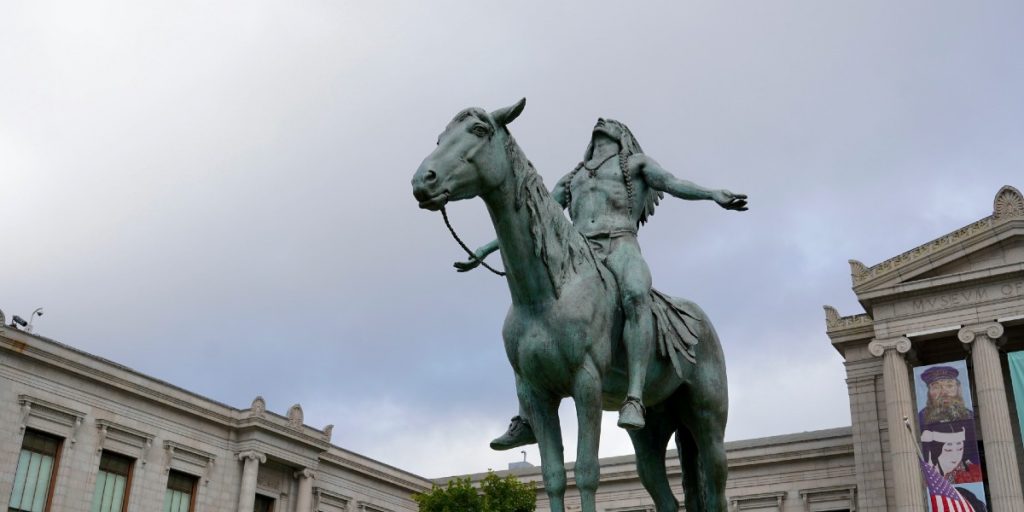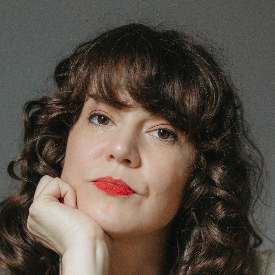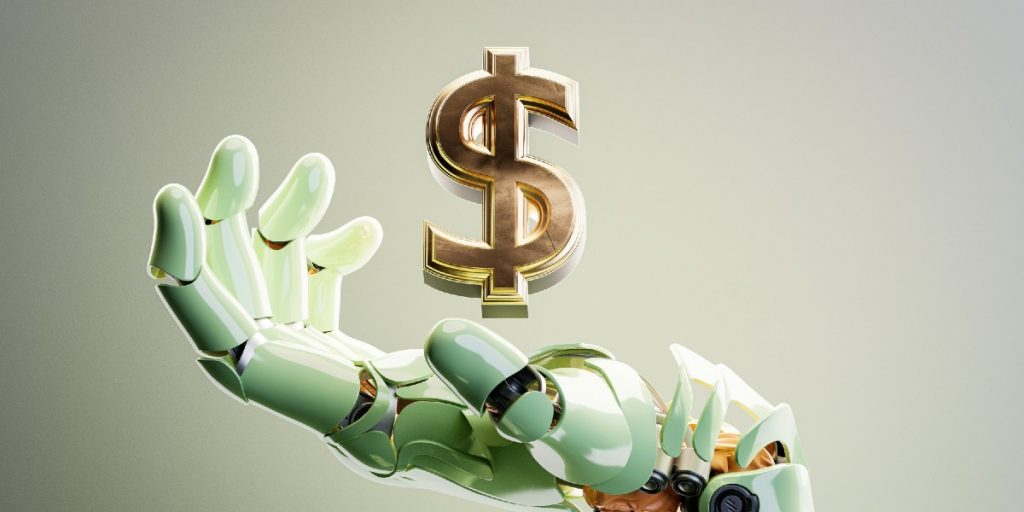It’s human nature to seek mentors. To choose idols. To look to history to find the greatest innovators, thinkers, and leaders so that we can channel the wisdom of their journeys into our own pursuits. But what happens when the person who has the most money, mind-boggling power, and an indisputable mind for engineering the future—what happens when this model of success is someone you wouldn’t want at your dinner table, let alone become? Does that detract from the victories on their resume? What lessons do we take from a winner who inspires greatness, while making us cringe at the same time?
Elon Musk is a living piece of history. He has redirected the trajectory of our species, opening possibilities we thought were beyond our lifetimes. He gives humanity hope, but we can’t help asking ourselves—why him? To subdue the inner confusion about why our society loves to hate and hates to love Elon Musk, it’s key that we understand the complex influence of this trailblazer.
Biographer Walter Isaacson had unlimited access to Elon Musk’s life for two years, and now has released the long-awaited product of that journey, his new book, Elon Musk. Below are some of his insights from behind the curtain, that can help us sort out our feelings about Musk by seeing the reality of who this man is, and making our own judgments on where his role in history should begin, and where we would like it to end.
A man of many impacts.
Walter Isaacson: The book is a complex tale of somebody who can be absolutely charming, totally amazing, who brought us into the era of electric vehicles, who’s the only entity that’s able to get American astronauts into orbit, leading us in space travel, has his own internet in low Earth orbit, unlike anybody else trying to build something like that. So, he does amazing things, but he can also, at times, be infuriating.
Rufus Griscom: He’s an extraordinary innovator and someone who can be interpersonally cruel, and some people see as threatening civil discourse. I mean, how do we square this? Do you think his net impact on the world is positive or negative?
Isaacson: Well, I think bringing us into the era of electric vehicles when GM and Ford and other companies had started crushing their electric cars and decided not to get into the business, is one of the most transformative things of our time. Likewise, leading us into an era of space exploration. I think Twitter will not be a good part of his legacy. I think he’s not suited to running Twitter. He has more focused engineering intelligence, and he has an emotional receptor intelligence. And I think there are times he does things on Twitter that are just really bad.
Shakespeare teaches us at the end of Measure for Measure that, even the best are molded out of fault, and he’s certainly molded out of faults. I think that his impact on Twitter will be net negative, and his impact on many other things, including artificial intelligence, self-driving cars, will be very positive.
Disrupting social media.
Isaacson: I wish he hadn’t bought Twitter. I think he doesn’t have the fingertip feel for the broader emotions people have for social networks. But I do suspect, not only will he disrupt it, he’ll turn it to his original vision of x.com, and it’ll be really hardcore.
But I’d say, “Hey, focus on the rockets, focus on AI, focus on the robots, focus on self-driving, and focus on Tesla cars.”
Do we need Musk?
Griscom: Often, when you look closely at innovators and scientific advances, usually the story of science and innovation is one, it’s a team sport, and the closer you look at it, the more you conclude that there really should be eight or 10 or 12 people recognized in this Nobel Prize. It’s a team sport.
Certainly for Tesla and SpaceX there are big teams of brilliant people and innovators who’ve made all those accomplishments happen. But reading this book, the sense I get is that this is a case where this one individual really was utterly critical to making these impossible things happen. In the absence of Elon Musk, we would not have seen these innovations in anywhere near the same time span. Does it feel that way to you?
Isaacson: Yeah. One of the great debates in history is to what extent it’s determined by big broad forces and teams. I wrote a book called The Innovators that shows how teams helped create the digital revolution. But also, to what extent individuals play a role? We biographers believe that human agency, somebody really having a strong force of will, can play a role. And in this case, everybody was moving away from electric vehicles in the early 2000s, but Musk pushed it.
Likewise, the whole notion of private space travel. In 2008, he had fired off three rockets and all had exploded. He was taking incredible risks. But eventually, the fourth one happens, and NASA is unable to continue the space shuttle program or get astronauts into orbit. It was a risk-taking entrepreneur that has really helped save the possibility of space exploration.
There are times when somebody has an enormous impact. There are times when Musk had an enormous impact. He’s doing it now, trying to push full self-driving, and I think it’ll be five or six years before we’ll get to really autonomous vehicles. He thinks it’ll be in one or two years. He’s always too optimistic. But he takes the impossible and turns it into reality, even if it is much later than he thought it would be.
Griscom: Because of his crazy deadlines and ferocious drive, probably things do happen much sooner than they would have, otherwise.
Isaacson: Well, I think you can read the book and see the times that it does happen much faster. These are the surges where he’s almost trying to bend the speed of light, bend time and make it hurry up. He has a fierce sense of urgency.
Pushing his workforce to their limit.
Griscom: There is a cost to some of his brusqueness, particularly when it comes to losing talent. We saw recently Andrej Karpathy, the great AI developer, left Tesla to return to OpenAI. Just last month, Tesla’s CFO, Zach Kirkhorn, left the company after 10 years. This is clearly the cost of some of that brusqueness and drive. Does that worry you for the future of these companies?
Isaacson: Certainly, there has been some turnover, and in some cases just the opposite. If you look at the top of SpaceX, Gwynne Shotwell has been there for more than 20 years as the president. And Mark Juncosa has been the sidekick for about 20 years. Whether it’s Drew Baglino or Lars Moravy at Tesla, a lot have been there a long time.
In some cases when Musk gets really rough on people, the people leave. They just don’t want to take it. And in other cases, they stay. I try to figure out, to what extent you can be inspired and pushed? I think, for Musk, the people who don’t want to be pushed very hard, he’s fully understanding. They get really nice payoffs and everything else, but he wants people who are going to be pushed, and he’s got the turnover at approximately where he wants it. He doesn’t want people, as he puts it, to call in rich. In other words, they’ve made a lot of money, so they’re not going to work quite as hard, but they’re going to stay at the company.
The power to win wars–and start them.
Griscom: You wrote that Elon Musk secretly ordered his engineers to turn off the Starlink satellite communications near the Crimean Coast, to disrupt a Ukrainian sneak attack on the Russian naval fleet. And this resulted in a loss of connectivity, and these submarine drones washed to shore harmlessly, that were headed for the ships. There’s been a lot of coverage recently of how strange it is to have one man making decisions that impact the outcome of a war.
Reading that section of your book, I have a more nuanced understanding of the difficult position Musk and his team was in, trying to assess what to do. What do you make of Musk’s decision to restrict this Starlink access to the Ukrainians?
Isaacson: It was a complex and interesting situation. When Russia invades Ukraine, the US satellite companies, like Viasat, can be knocked out by Russia. They can just hack them. But Starlink was built well enough that Russians couldn’t take them out, so Musk started sending large amounts of Starlink satellites and service to Ukraine so that they could use them in conducting the war. They wouldn’t have been able to coordinate their troops at all had Starlink not been rushed in.
There was a certain point in which they were going to use Starlink to take drone submarines and do a Pearl Harbor-like sneak attack on Sevastopol in the Crimea, where the Russian fleet is based. Crimea is a very disputed territory, but totally occupied by Russia. The Ukrainians thought that they could use Starlink all the way to Sevastopol, not realizing there would be a geofencing issue. But Musk decided that this act could lead to World War III and said, “I made Starlink so people could watch movies and play video games, not to start World War III. Why am I in this war?”
So he keeps the geofencing working in a way that the submarines end up washing ashore, harmlessly. Musk didn’t want it to be used for the type of offensive purposes that could widen the war. Even Musk, by this point, realizes he’s got far too much power. Musk doesn’t mind having power, but this is too much.
So, he created Starshield. Starshield is something that’s licensed and sold to the US military and CIA, and they get to determine how it’s used, including in Ukraine.
Griscom: There are two problems with Musk’s role in this. One is that he is making or will make a lot of money by licensing this technology to governments. Though it appeared to be a generous act, perhaps it’s profiteering. But secondly, to have any individual citizen in this kind of position of power and finding that US government officials seem afraid of Musk or beholden to him, I think there’s a broad perception that we shouldn’t have individuals in this position.
Are you saying Musk maybe agrees that this should not be his role? Do you think there’s a problem here? Or do you think we have a solution with the Starshield approach?
Isaacson: Well, Musk donated about a hundred million worth of it for the initial part of the war. At a certain point, it’s licensed and sold to the US government so that they have control over how it’s going to be used. I’ve talked to government officials for the book that think this was a good thing.
Saving the world, one harsh step at a time.
Griscom: To me, one of the most riveting parts of the book is the moment in 2008 where both Tesla and SpaceX are at risk of failing. Elon has to borrow money from family and friends to keep the companies afloat. He says, “If Tesla dies, so does the electric car, the future of sustainable transport. If SpaceX dies, we will not become an interplanetary species, which is necessary for the candlelight of consciousness. This lone, teeny, flickering flame of consciousness to survive.” He really believes this, doesn’t he? He really believes that it is necessary for us to become an interplanetary species, to protect this light of consciousness.
He’s extremely blunt to the point of, sometimes, being dismissive and really hurting people. But at the same time, you also get this sense that he just aches for the species, that he has this really deep kind of love for humanity, and is fundamentally driven, not by making money, but by trying to save the world. It’s an interesting combination to seem to not care that much about people around you, but care enormously for the species.
In the last few paragraphs of the book, there’s this wonderful moment of Musk acknowledging joking, “I’ve shot myself in the foot so often, I ought to buy some Kevlar boots.” Then he ruminated that Twitter should have an impulse control delay button, which is not a bad idea. Maybe Elon should have an impulse control delay button.
But then, you ask if a restrained Musk would accomplish as much as a Musk unbound? Is being unfiltered and untethered integral to who he is? It seems that his bias for action and tendency to do things impulsively is, perhaps, a necessary piece of the puzzle for a man to accomplish all that he has.
Isaacson: We shouldn’t try to aspire to all be Musk. Don’t try this at home. There are certain people who get things done. There are a lot of lessons in the book about how we don’t necessarily want to turn ourselves into assholes, but we also don’t want to turn ourselves into people who can’t take risks, can’t innovate.
I think every reader should make his or her own judgment about Elon Musk, and also make his or her own judgment about what they want for themselves, their lives, and their children. And people like me, I choose a balanced life. Musk doesn’t believe so much in psychological safety and work-life balance. I don’t think that’s a great thing, but it has produced some amazing results.
Griscom: Perhaps, even more amazing results for humanity than for the individuals with whom he interacts on a daily basis.
Isaacson: That’s a key point to understand. Musk would say it as well, that a person like myself, who cares about the humans in front of him, sometimes will do things that will hold back the larger enterprise. They won’t fire the B players. They won’t try to cut things. And that’s being nice to the person in front of you. That’s being nice to the people around you because you don’t push them hard or fire them. But he would argue that those choices are not being nice to the thousands of people who depend on the enterprise, or maybe even to humanity. For me, it’s all about striking the right balance. He goes to the extreme, but I also know that people who aren’t willing to be disruptors, tend not to disrupt things.
These interview excerpts have been edited and condensed for clarity.
To enjoy ad-free episodes of the Next Big Idea podcast, download the Next Big Idea App today:

When you buy through our Amazon links, the Next Big Idea Club may earn an affiliate commission.
